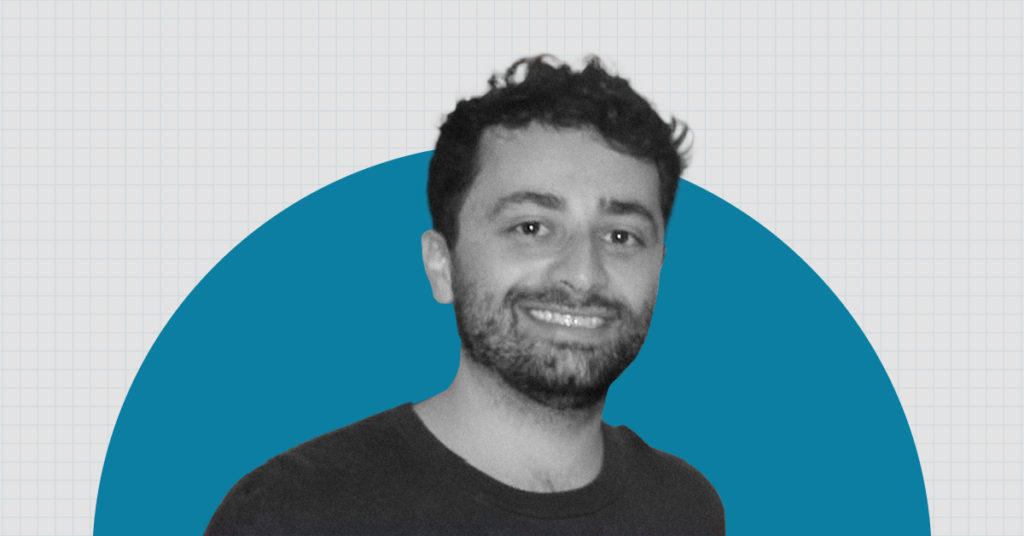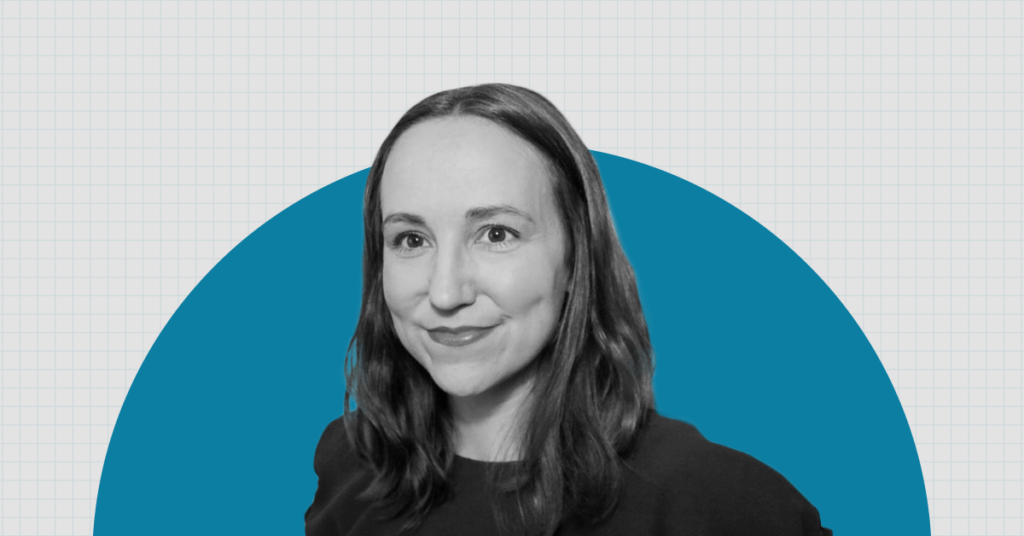Get to Know our VP, Partnership Development, Marketing & Enrollment
- Areas of Expertise: Operations, Budgeting and Planning
- Specialties: Search, Website Management, Performance Modeling, Requirements Documentation
- Kevin Phang – Noodle | LinkedIn
What is your area of expertise and how long have you been working in this field?
I’ve been working in digital marketing for the past 15+ years, previously at Quinstreet and HotChalk, and now here at Noodle. I saw the business from both the student’s point of view and the institution’s point of view. When you have experience on both sides of the table, you can combine the best of both.
What is it about your background or career experiences that successfully positioned you for your current role at Noodle?
Education teaches us that correlation does not imply causation—a principle that extends to every aspect of our lives.
My early experiences in Search Engine Optimization continue to yield benefits even a decade later. At its core, SEO has never been solely about the multitude of factors that influence search engine rankings. Instead, it provides various frameworks for effective implementation.
Key principles include:
- Putting your users first: Always prioritize what is best for them, as they are indifferent to your internal challenges.
- Emphasizing holistic success: True achievement transcends individual components. To attain holistic success, it’s crucial to understand the specifics—the what, why, and who—of your strategy. By delivering value to everyone involved, you significantly enhance the chances of reciprocity.
When you think of great leadership, who comes to mind? Why?
Bill Belichick. My favorite quote from him is simply “Do your job.” What he means is that if even one person doesn’t do their job, it undercuts the whole team’s effort. And one of the things that he stresses in practice every day is preparation. I try to apply that dedication to practice to some of our challenges here at Noodle. Instead of optimizing to any one particular factor in a vast sea of factors, you should instead consider changing part of your process. He also stresses that teamwork involves a deep level of trust. Good team leaders build a team out of trust.
Please tell us something about yourself that people would be surprised to learn.
(Serious) I majored in Criminology, Law, & Society without a clear sense of my future. Looking back, it was one of the best decisions I made.
(Fun) I chose a bald/buzz cut lifestyle until my mid-20s. This was purely for the fact that I never wanted to be seen with “hat hair” when I wore hats.
More from Kevin:
- Higher Ed Marketing: A Corporate Approach for Institutional Success – UPCEA
- Video 1: Series Introduction | Understanding Data Terminology
- Video 2: Evolving Data Processes for Higher Education Recruitment
- Video 3: Myths and Misconceptions of Data in Recruitment Processes
- Video 4: Unraveling Data Mysteries to Empower Enrollment Strategies
- Video 5: Building a Data-Empowered Culture That Embraces Change



